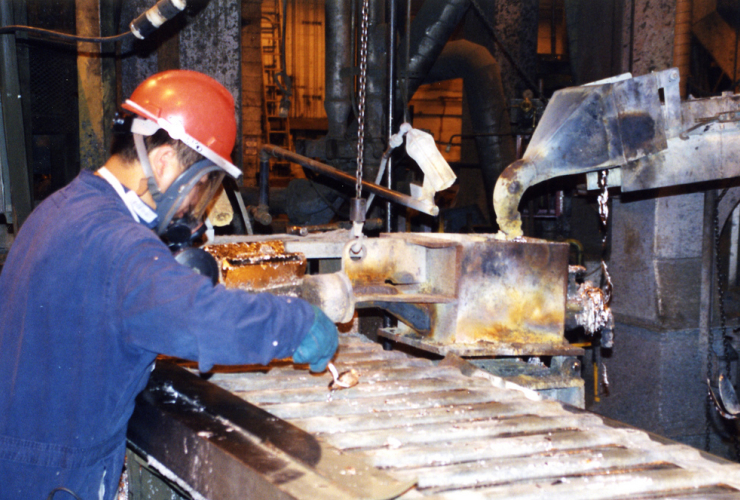Fred Pearce

About Fred Pearce
Fred Pearce is a freelance author and journalist based in the U.K. He is a contributing writer for Yale Environment 360 and is the author of numerous books, including The Land Grabbers, Earth Then and Now: Amazing Images of Our Changing World, and The Climate Files: The Battle for the Truth About Global Warming.
Research is clear — as smog recedes, the oceans get hotter
The decline in smog-causing aerosol particles resulting from China's ambitious cleanup efforts are an unlikely culprit for recent extreme heat waves in the Pacific. Scientists are grappling with the fact that reducing such pollution, while essential for public health, is also heating the atmosphere.
In Africa, small farmers are bringing back the trees
The loss of forests across Africa has long been documented. But recent studies show that small farmers from Senegal to Ethiopia to Malawi are allowing trees to regenerate on their lands, resulting in improved crop yields, productive fruit harvests and a boost for carbon storage.
The upper atmosphere is cooling — and scientists are worried
A new study reaffirming that global climate change is human-made also found the upper atmosphere is cooling dramatically because of rising CO2 levels. Scientists are worried about the effect this cooling could have on orbiting satellites, the ozone layer, and Earth’s weather.
Will a Nile canal project dry up Africa’s biggest wetland?
South Sudan is moving ahead with plans for a 240-mile canal to divert water from the White Nile and send it to Egypt. But critics warn the megaproject would desiccate the world’s second-largest wetland, impacting its rich wildlife and the rains on which the region depends.
Can the most-polluting heavy industries decarbonize?
The production of steel, cement, and ammonia together emit about one-fifth of all human-caused CO2. Technologies are emerging that promise to decarbonize these problem industries, but analysts warn big challenges remain before the processes can be cleaned up.
Net-zero emissions: Winning strategy or destined for failure?
Net-zero emissions — balancing emissions by absorbing equivalent amounts of CO2 from the atmosphere — is the defining approach of international climate efforts. But some scientists are arguing that this strategy simply allows the perpetuation of the status quo and is certain to fail.
Lead battery recycling is a global health hazard. Why have so few people heard of it?
From African shantytowns to the backstreets of China’s cities, small-scale businesses that recycle the lead from auto batteries are proliferating. Experts say the pollution from these unregulated operations is a lethal threat — with children being the most vulnerable to poisoning.







